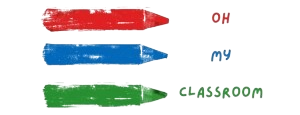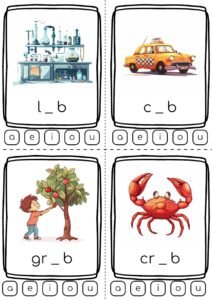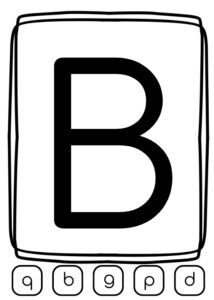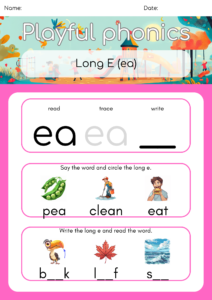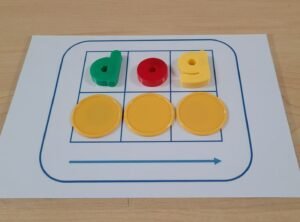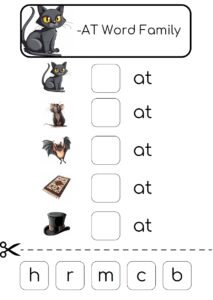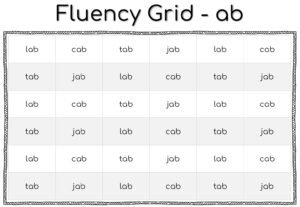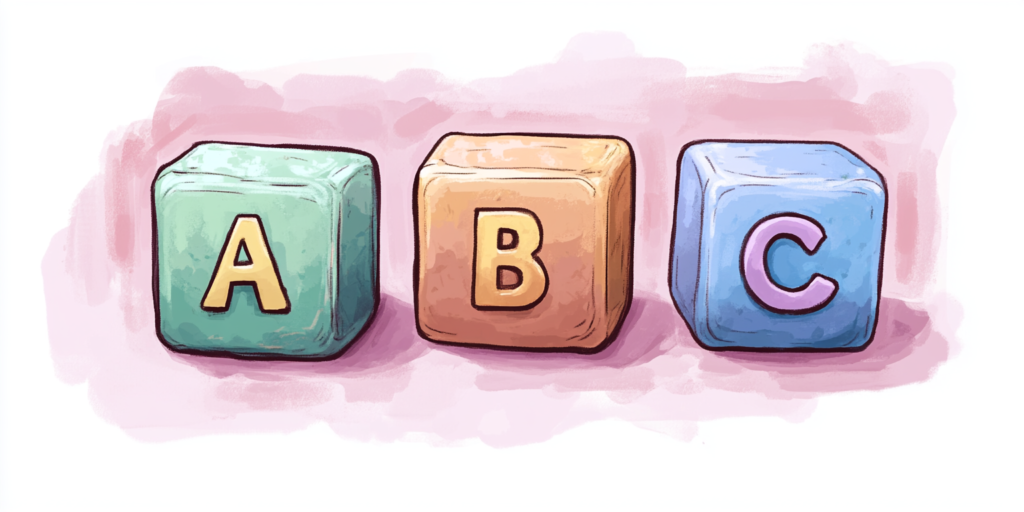
Literacy foundational skills are the essential building blocks that enable young children to develop reading, writing, and communication abilities. These skills are critical for early learning and include:
- Phonemic Awareness: Recognizing and manipulating sounds in spoken words, such as identifying rhyming words or segmenting words into individual sounds (e.g., /c/ /a/ /t/ for “cat”). This skill is foundational for decoding and spelling.
- Letter Recognition and Phonics: Learning the alphabet, associating letters with their corresponding sounds, and beginning to blend sounds to form simple words. For example, understanding that “B” makes a /b/ sound and combining it with other sounds to read “bat.”
- Vocabulary Development: Building a bank of words through exposure to books, conversations, and activities. This includes understanding the meaning of words like “big,” “small,” or “happy” and using them appropriately.
- Print Awareness: Understanding how books and text work, such as recognizing that text is read from left to right, identifying the front and back of a book, and distinguishing between pictures and words.
- Early Writing Skills: Developing fine motor skills to hold a pencil, scribbling, and attempting to write letters or their own name, which introduces the concept of written expression.
The importance of literacy foundation skills at this stage is profound:
- Reading Readiness: These skills prepare children to decode and comprehend text, setting the stage for fluent reading.
- Academic Achievement: Mastery of foundational literacy skills is a strong predictor of success in all academic areas, as literacy underpins learning across subjects.
- Language Development: They enhance oral language skills, enabling children to express themselves clearly and understand others.
- Confidence Building: Early success in literacy fosters self-esteem and a positive attitude toward learning.
- Lifelong Learning: Strong literacy foundations encourage curiosity and a love for reading, promoting a lifelong habit of intellectual growth.
